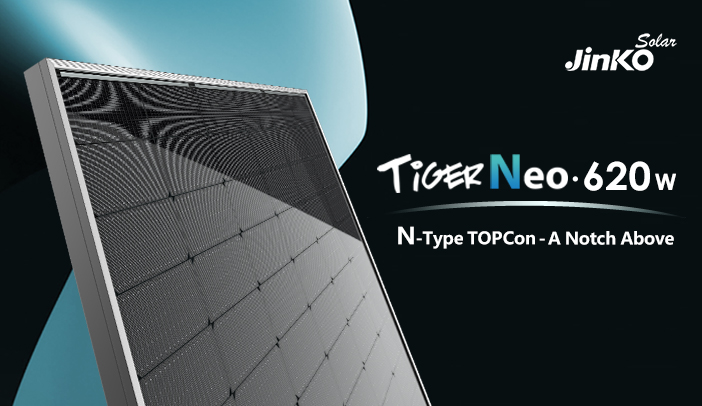- Nestlé East & Southern Africa Region (ESAR) announced that its Babelegi Manufacturing Plant in Hammanskraal, Babelegi has installed a ground mounted solar plant with a capacity of 966kW.
- The 1806 solar PV panels are expected to deliver some 2128149 kWh of energy per annum.
- This equates to 15.6% of the total electrical energy requirement of the factory for the full year.
This is the second manufacturing plant in the region with Harrismith Factory having been completed in August 2022 and sized with a capacity of 1189kW, which includes a ground mounted system and additional solar PV capacity on the roofs of the new carport structures. The 1946 solar PV panels are expected to deliver some 1714191 kWh of energy per annum. This equates to 10% of the total electrical energy requirement of the factory for the full year. The system will generate approximately 45% of the factory demand during daylight hours.
“One of the key messages coming out of the COP27 climate conference was the importance of action and implementation to advance climate action. As a business we firmly believe that taking action however big or small throughout our value chain, is how we will begin to make an impact on the climate crisis. We also believe that there is an opportunity to decrease GHG emissions through an increase in low emission and renewable energy. Nestlé commits to having a strategy to procure 100% of electricity from renewable sources within the shortest practical timescale. The first phase of the renewable projects pegged to deliver just over 3% of Nestlé ESAR’s power requirements has gone online”, says Xolile White, Technical Director at Nestlé ESAR.
The second phase of the renewable energy projects is set to add five additional development sites; extending Babelegi’s second phase expansion to 1’500’000kWh, or 11% of annual electricity requirement for the factory. Additional sites are East London, Estcourt, Potchefstroom, and the Nestlé Quality Assurance Centre in Johannesburg. These are expected to deliver a total combined capacity of 5.7GW, which is 5% of Nestlé ESAR’s energy requirements.
Author: Bryan Groenendaal

















